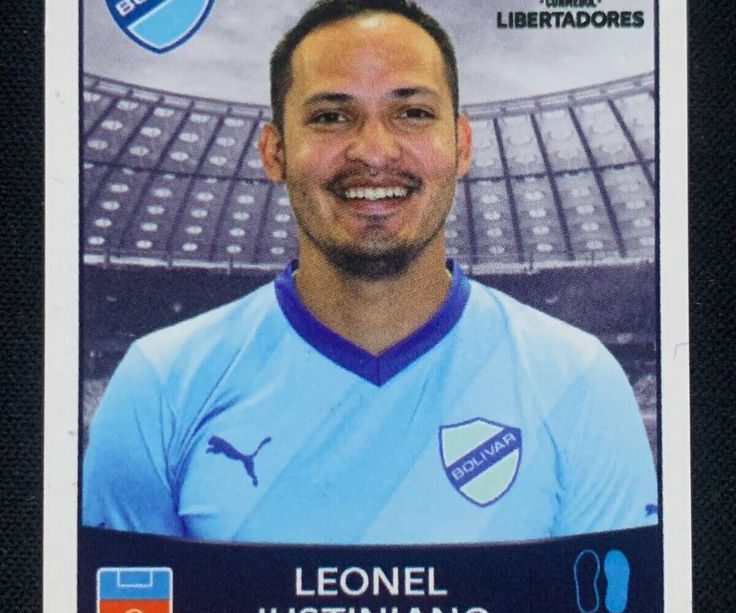The Copa Libertadores: A Showcase of South American Football

Introduction
The Copa Libertadores is not only the premier club competition in South American football but also one of the most prestigious tournaments globally. Established in 1960, the tournament showcases the best teams from across the continent, fostering a fierce competitive spirit that draws millions of fans. Its significance extends beyond sporting excellence, serving as a cultural showcase and an economic driver for participating nations.
Overview of the Tournament
Each year, clubs from 10 South American countries, including Argentina, Brazil, and Uruguay, compete for the coveted title. The format consists of a group stage followed by knockout rounds, culminating in a final that captures global attention. In 2023, the tournament witnessed intense matches and surprising upsets, demonstrating the unpredictable nature of knockout football. This year’s final is set to take place in October at the famed Maracanã Stadium in Rio de Janeiro, further emphasizing the competition’s prestige.
Recent Developments
This year has already seen explosive performances, with teams like Flamengo and Palmeiras emerging as fan favorites. Flamengo’s robust squad depth and proven track record have solidified their status as title contenders, while Palmeiras’ strategic play style has captivated audiences. As the tournament progresses, rumors swirl about the possibility of players transferring to these clubs, increasing the level of competition and excitement.
Impact on South American Football
The Copa Libertadores significantly impacts football in South America, providing clubs with a platform to showcase their talent. It enhances the players’ visibility, often leading to lucrative transfers to European leagues. Moreover, the financial returns generated from broadcasting rights, sponsorships, and ticket sales are vital for local clubs and can influence the broader football economy in their respective countries.
Conclusion
As we approach the climax of the 2023 Copa Libertadores, fans eagerly await the final matches that will decide this year’s champion. The tournament not only continues to be a crucial fixture in the football calendar but also remains a symbol of national pride and a testament to the continent’s rich sporting heritage. With the growing demand for football in South America, the Copa Libertadores is set to evolve further, capturing the hearts of future generations and solidifying its place in the world of sports.









